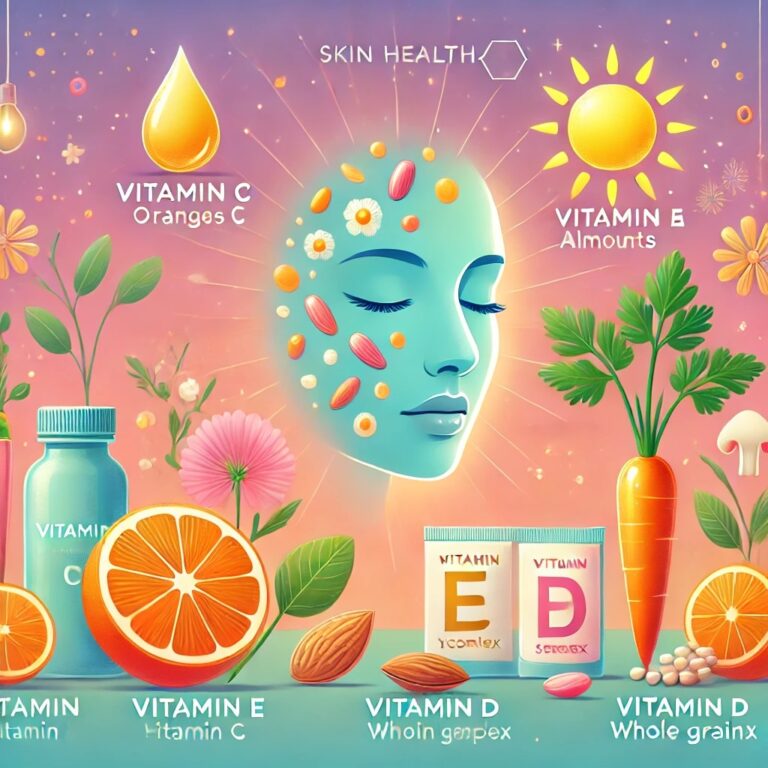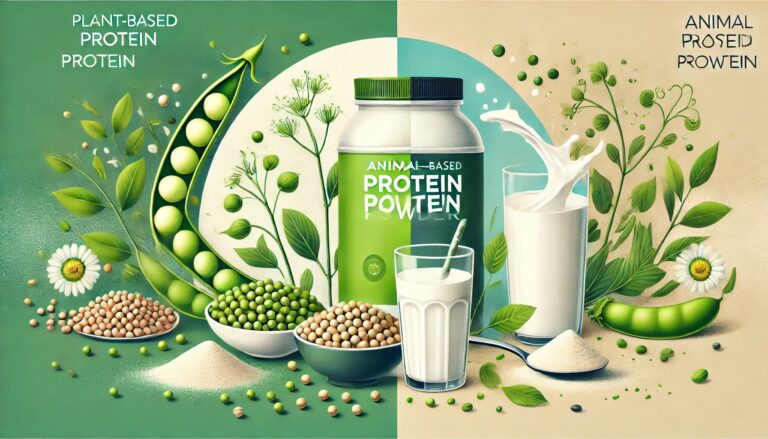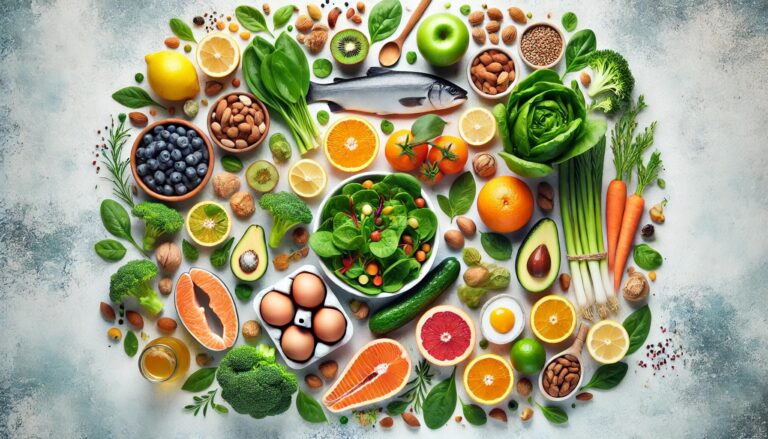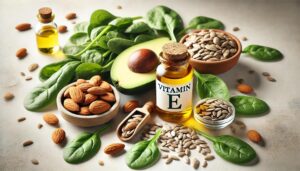Spirulina, a blue-green algae, has earned its place as one of the world’s top superfoods. Packed with exceptional nutritional value, spirulina is renowned for its ability to enhance energy levels, support the immune system, and promote overall health. Its high protein content, along with vitamins, minerals, antioxidants, and active compounds, makes it an essential addition to a healthy lifestyle.
This article dives deep into the nutritional benefits of spirulina, how it enhances energy and immunity, and practical ways to incorporate it into your daily routine to harness its full potential.
Nutritional Profile of Spirulina
Spirulina is celebrated for its nutrient density. Here’s a breakdown of the key nutrients found in 10 grams of dried spirulina powder:
• Protein: Around 6 grams of complete protein, containing all essential amino acids.
• Vitamins: Includes vitamin A (in the form of beta-carotene), B vitamins (notably B1, B2, and B12), and vitamin K.
• Minerals: Rich in iron, magnesium, calcium, potassium, and zinc.
• Essential Fatty Acids: Contains gamma-linolenic acid (GLA), a beneficial omega-6 fatty acid.
• Antioxidants: Packed with phycocyanin, beta-carotene, and polyphenols.
• Low Calorie and High Fiber: Offers approximately 30 calories per 10 grams while delivering significant nutrition.
Spirulina’s low calorie and high nutrient profile make it an excellent choice for energy support and immune enhancement.
How Spirulina Boosts Energy and Immunity
The unique properties of spirulina contribute to its ability to enhance both energy and immune function. Here’s a closer look at how it works:
1. Boosts Energy Levels
Spirulina’s high protein content and nutrient density make it a fantastic energy booster:
• Rich Protein Source: The complete protein in spirulina aids muscle repair, endurance, and sustained energy levels throughout the day.
• Improves Metabolic Function: B vitamins in spirulina are essential for energy metabolism, helping convert food into usable energy.
• Enhances Athletic Performance: Studies suggest spirulina can increase endurance and reduce oxidative stress during physical activity.
Spirulina is particularly beneficial for athletes and active individuals who need sustained energy and recovery support.
2. Strengthens the Immune System
Spirulina’s antioxidants and active compounds play a crucial role in bolstering the immune system:
• Stimulates Immune Cells: The polysaccharides and phycocyanin in spirulina activate macrophages, T-cells, and natural killer (NK) cells, strengthening immune defenses.
• Anti-Inflammatory Properties: Phycocyanin is a natural anti-inflammatory agent, reducing chronic inflammation and protecting immune function.
• Antioxidant Protection: Spirulina’s antioxidants neutralize free radicals, preventing oxidative stress from harming immune cells.
These properties make spirulina an excellent choice for individuals looking to boost their natural defenses against illness and environmental stressors.
3. Detoxifying Properties
Spirulina is also known for its detoxifying capabilities, particularly in removing heavy metals and toxins from the body:
• Binds to Heavy Metals: Spirulina’s polysaccharides can bind to heavy metals like lead and mercury, aiding in their elimination from the body.
• Supports Liver Health: By enhancing liver detoxification processes, spirulina helps the body eliminate waste and toxins more efficiently.
Other Health Benefits of Spirulina
In addition to enhancing energy and immunity, spirulina offers a wide range of health benefits:
1. Promotes Heart Health
Spirulina supports cardiovascular health by:
• Lowering levels of LDL (“bad”) cholesterol.
• Raising HDL (“good”) cholesterol levels.
• Reducing blood pressure and improving blood vessel function.
2. Supports Gut Health
The fiber and active compounds in spirulina:
• Promote the growth of beneficial bacteria, balancing the gut microbiome.
• Reduce inflammation in the digestive tract, improving digestion.
3. Combats Fatigue
Spirulina’s high iron content and antioxidants:
• Help combat anemia and improve hemoglobin levels.
• Increase oxygen transport in the body, reducing fatigue.
4. Slows Aging
The powerful antioxidants in spirulina:
• Reduce wrinkles and fine lines, maintaining skin elasticity.
• Neutralize free radicals, slowing cellular aging and promoting longevity.
How to Incorporate Spirulina into Your Daily Routine
1. Consume Directly
• Mix spirulina powder into water, juice, or smoothies for a quick, nutrient-packed drink.
• A daily intake of 1-3 grams is sufficient to meet most health needs.
2. Use in Cooking
• Add spirulina powder to salad dressings, soups, or sauces for a nutrient boost.
• Use spirulina in baked goods like cookies or bread for a unique twist.
3. Pair with Other Superfoods
• Combine spirulina with chia seeds, turmeric, or green tea to enhance antioxidant and immune-boosting effects.
4. Take Spirulina Supplements
• If you dislike the taste, spirulina is available in capsule form, making it convenient for regular use.
Precautions When Using Spirulina
While spirulina is generally safe, there are a few considerations to keep in mind:
• Consult a Doctor: Pregnant or breastfeeding women and individuals with autoimmune diseases should seek medical advice before use.
• Avoid Contaminated Products: Purchase spirulina from trusted brands to avoid heavy metal contamination.
• Start Slowly: Gradually increase your intake to prevent digestive discomfort.
Why Choose Spirulina?
Spirulina is a powerhouse of nutrients, offering high-quality protein, vitamins, minerals, and antioxidants. Its ability to boost energy, strengthen immunity, and provide additional health benefits makes it a superfood worth incorporating into your lifestyle. Whether consumed in powder form, added to recipes, or taken as a supplement, spirulina is a natural, effective way to enhance your overall well-being.




















